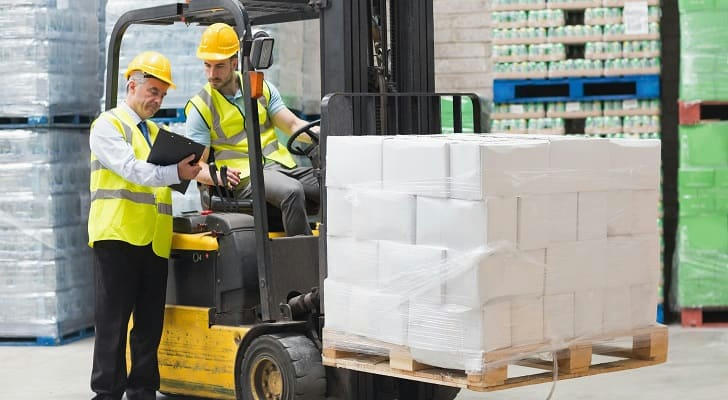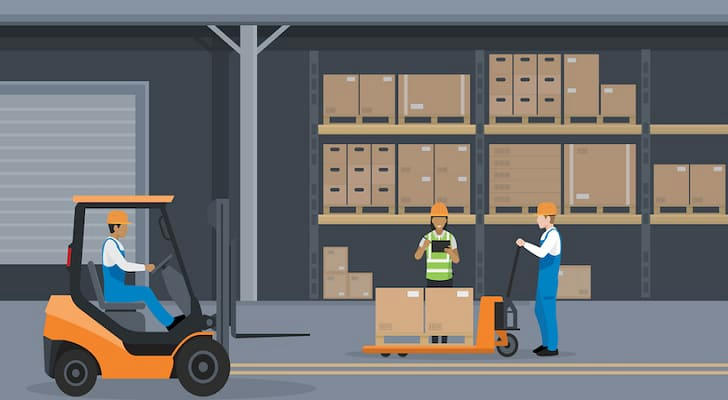Forklift Operation: A Vital Role in the Material Handling Industry

Forklifts are an essential piece of equipment in the modern material handling industry, playing a crucial role in the efficient movement of goods. This article delves into the world of forklift operation, discussing the nature of the job, the skills required, and the path to becoming a proficient forklift operator.
I. The Essence of Forklift Operation
Forklift operators are tasked with the responsibility of maneuvering forklifts to lift, carry, and stack materials in various industrial settings such as warehouses, construction sites, and distribution centers. The role demands precision, attention to detail, and the ability to work in a fast-paced environment.
II. Requirements for Forklift Operators
- Technical Proficiency: Mastery of forklift operation, including the ability to handle loads safely and accurately.
- Safety Compliance: Adherence to safety standards and protocols to prevent accidents and ensure a secure working environment.
- Physical Fitness: The physical stamina to perform tasks that may involve long hours of operation and material handling.
III. Becoming a Skilled Forklift Operator
- Formal Training: Enrolling in certified forklift operation courses to acquire the necessary skills and knowledge.
- Certification: Obtaining a forklift operator certification, which is often required by employers.
- On-the-Job Experience: Gaining practical experience to refine operating techniques and workflow efficiency.

IV. Career Opportunities for Forklift Operators
The demand for skilled forklift operators remains high, particularly in the logistics and manufacturing sectors. The rise of e-commerce has further increased the need for professionals who can efficiently manage inventory and shipping processes.
V. Compensation and Salary Ranges
Salaries for forklift operators can vary widely based on experience, location, and industry. Here's a general overview:
| Region | Experience Level | Average Annual Salary (USD) |
|---|---|---|
| United States | Entry-Level | $35,000 - $45,000 |
| United States | Experienced | $45,000 - $60,000 |
| Europe | Entry-Level | €30,000 - €40,000 |
| Europe | Experienced | €40,000 - €60,000 |
VI. Case Studies
Career Advancement: Mark, a warehouse worker, decided to enhance his career by obtaining his forklift operator certification. His new skills led to a promotion to a supervisory role, overseeing forklift operations and increasing his earnings by 30%.
Safety in Practice: At a large distribution center, forklift operator Lisa's adherence to safety protocols prevented a major accident. Her quick thinking and proper use of the forklift's safety features averted a potential collision, underscoring the importance of operator training.
Efficiency Improvement: A logistics company implemented new forklift technology, which allowed operators like Juan to increase their productivity by 20%. Juan's ability to adapt to the new equipment and optimize his workflow led to significant efficiency gains for the company.

VII. Conclusion
Forklift operation is a critical role within the material handling industry, offering a clear path for career advancement and professional growth. With the right training, certification, and hands-on experience, operators can secure well-paying jobs with opportunities for advancement.
